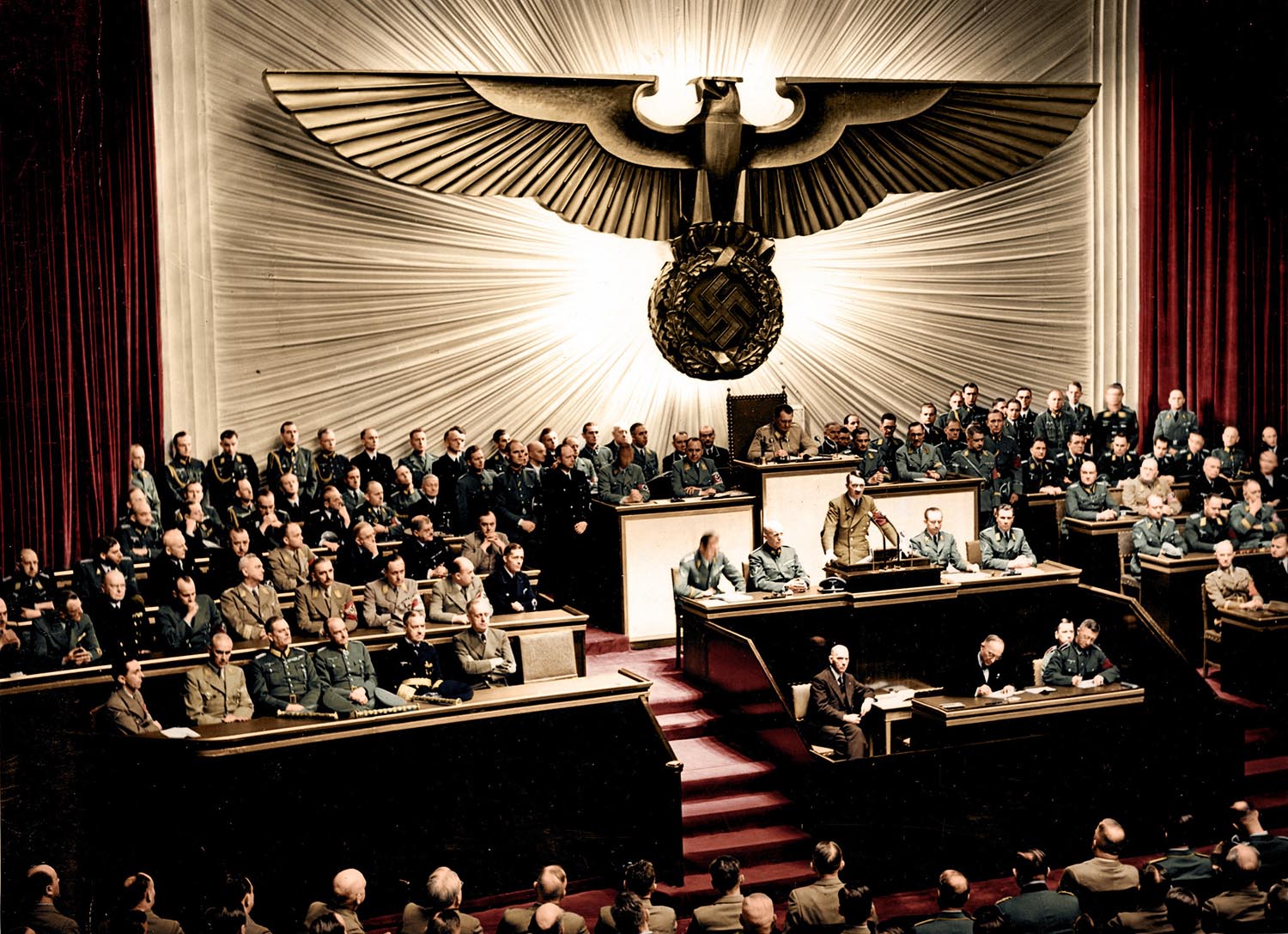
Why Germany lost World War Two and why the Allies won?
Strategic analysis of World War Two
Just as the Nuremberg defendants attempted to place total blame on the dead Führer for all the crimes of the Nazi state, so a slew of books written by the German generals in the 1950s and 1960s attempted to attribute the military defeat solely to him and his closest acolytes, Keitel and Jodl. But almost all of them had served Hitler faithfully during the war.
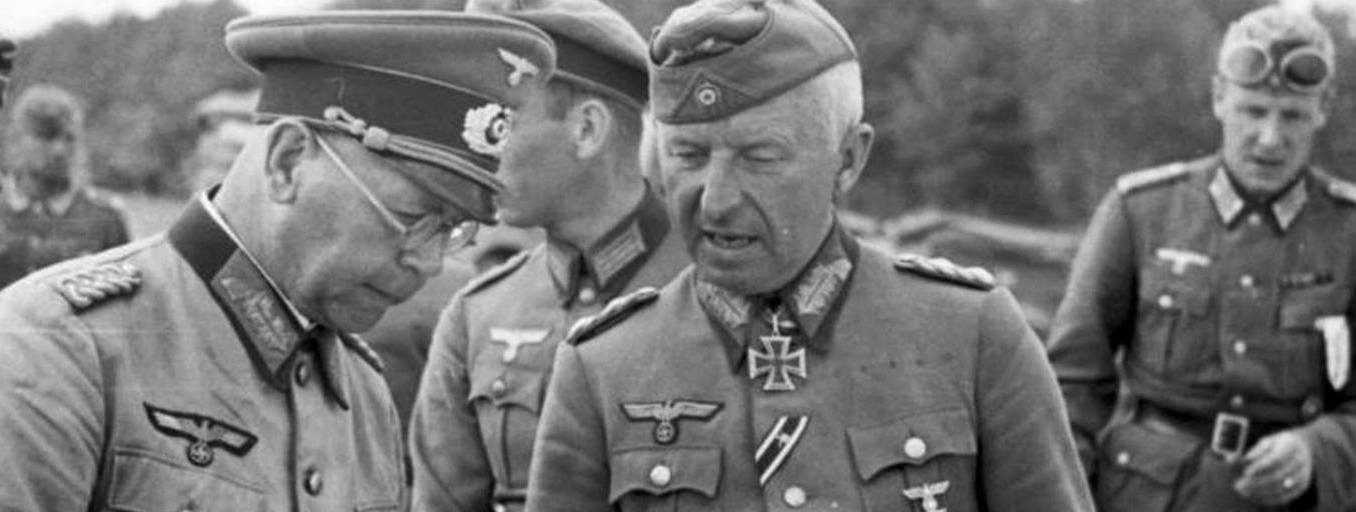
1 of 5
The phrase ‘Lost Victories’ was even used by Manstein for his autobiography, a book that has – along with Guderian’s memoirs ‘Panzer Leader’ – been condemned by some historians as ‘arrogant’ and ‘self-serving’.
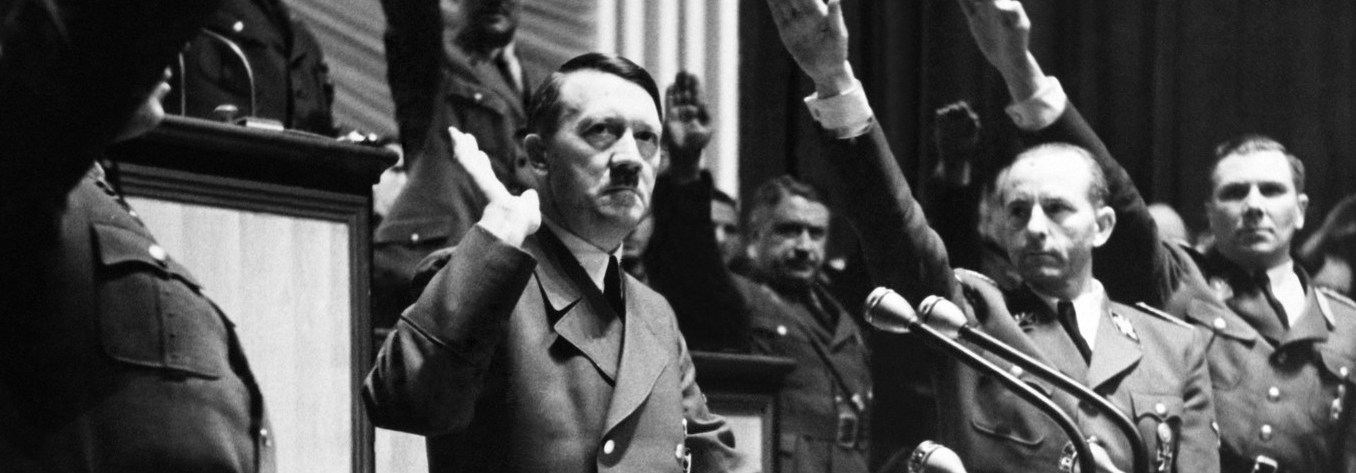
2 of 5
The general thrust of this historical and autobiographical genre was succinctly summed up in the letter written in 1965 by General Günther Blumentritt, who had been purged from the General Staff in September 1944, despite not having been involved in the Bomb Plot: ‘Hitler was militarily speaking no genius. He was a dilettante, interested in small details, and he wanted to hold everything,
stubborn, dour, “hold everything to the last”. He had, no doubt, also good military ideas. Sometimes even he was right! However he was after all a layman and acted following his feeling or intuition, not his reason. He did not know what was realistically possible and what was impossible.’
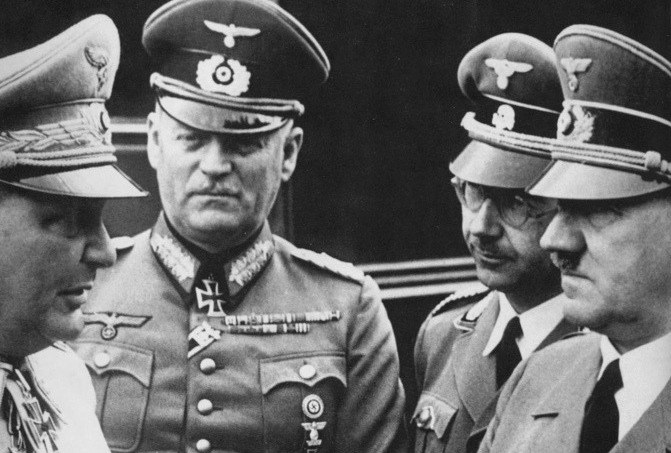
3 of 5
Although the German generals spoke much about their duty and honor after the event, during the war only a small number of them made one attempt to destroy Hitler with a bomb. Other than that, the vast majority served him with remarkable loyalty. Even Count von Stauffenberg’s plot seemed to have been more concerned with getting rid of a useless strategist than making a bold attempt to introduce democracy, equality and peace to Germany.
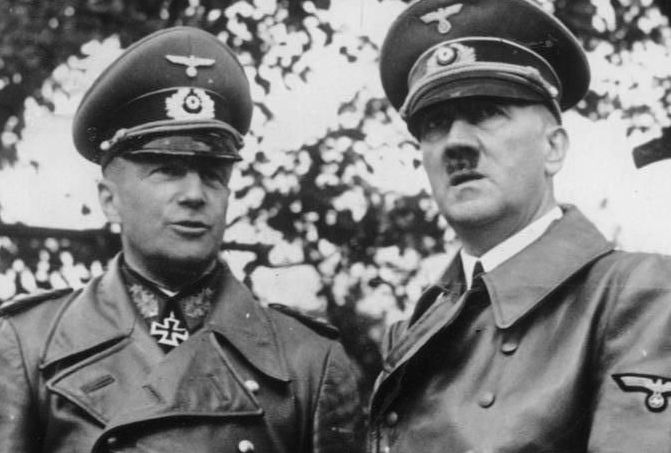
4 of 5
The German generals were for the most part far removed from the un-ideological knights of chivalry that they liked to portray themselves as. However, this does not mean that they were insincere when they complained about the incessant interference from a military amateur, aided and abetted by Keitel and Jodl. It is impossible to divorce Axis strategy from the centrality of Adolf Hitler: of the 650 major legislative orders issued during the war, all but seventy-two were decrees or orders issued in his name or over his
signature.
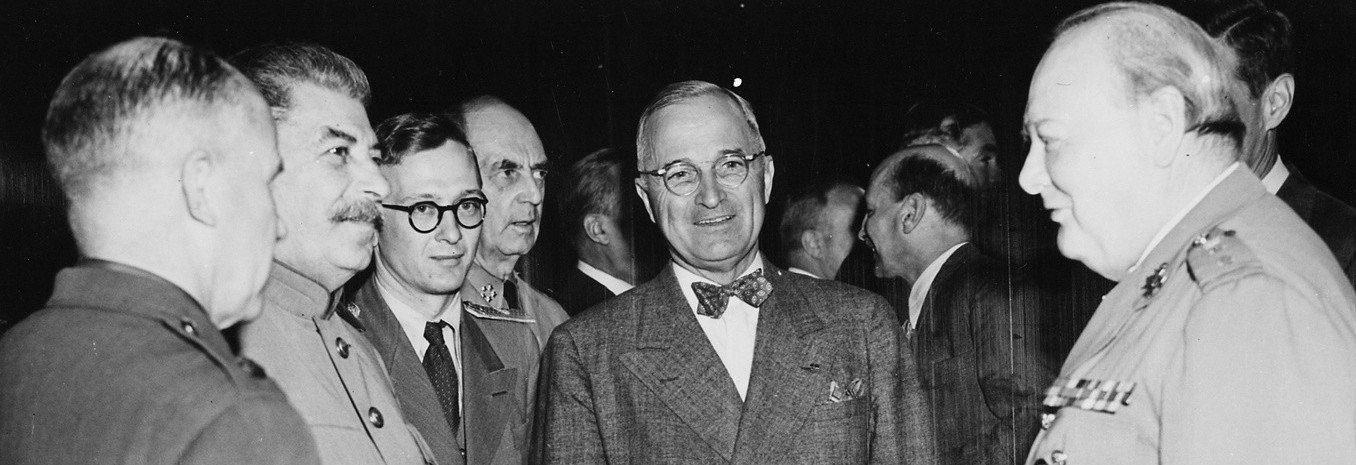
5 of 5
Stalin once described Hitler to American politician Harry Hopkins as ‘a very able man’, but this was something that the German generals denied in a large body of literature that was published after the war.
It should not be for the unhinged decisions made regarding his troops in the last ten months of his life that the Führer should be principally arraigned, so much as for the disastrous decisions he took when he was rational. The war ought not to have started in 1939 at all, but at least three or four years later, which is what he had originally promised the leaders of the Wehrmacht, Luftwaffe and Kriegsmarine. In those years, Germany would have had time to rearm even more. It would have had a better chance of winning the war.
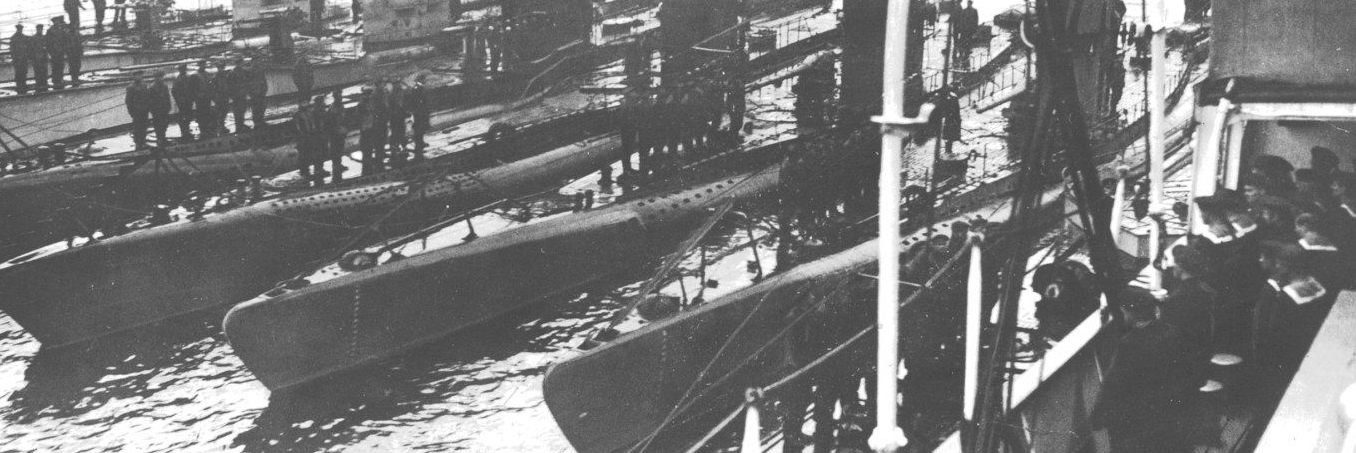
1 of 3
If he had started the war with the same number of U-boats with which he ended it – 463 – rather than the twenty-six operational ones he had in 1939, Germany might have stood a chance of asphyxiating Britain, especially if every effort had been bent towards developing the Walther U-boats.

2 of 3
If Luftwaffe factories had been diversified away from major industrial areas, and protected underground, or if there had been large-scale early manufacture of the jet-engine Messerschmitt Me-262, which was capable of knocking American Mustangs out of the skies over Germany, then the air war might have gone differently. By October 1944 the Me-262 jet was finally deployed as a fighter. It was not to change the course of the war, as it was too unwieldy on take-off and landing and too high in fuel consumption. But these teething troubles might have been dealt with had not the Führer insisted on developing it as a bomber for far too long, against the advice of General Galland. The defeat of the Allied bombing campaign by Me-262s would have released a major part of the Luftwaffe’s fighter force back into combat in the east, whereas 70 per cent of it was on protection patrol in the west.
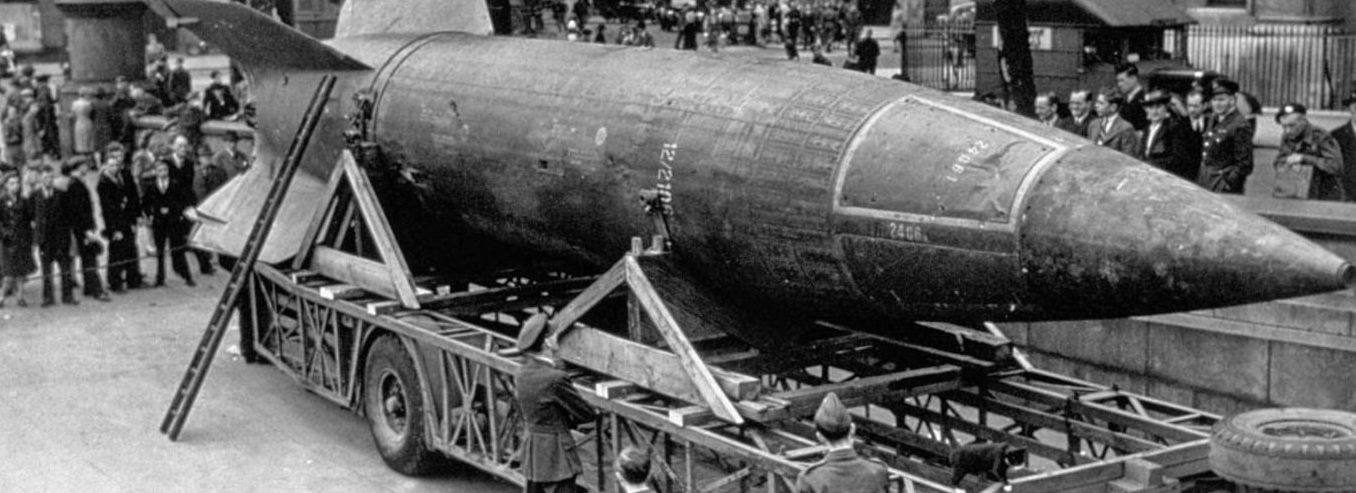
3 of 3
In November 1939, Hitler halted the V-rocket development programme at Peenemünde, believing that the victory in Poland had shown it to be unnecessary. It was not reactivated until September 1941, and received priority status only in July 1943, after Speer had warned him that six more raids like those on Hamburg would mean defeat for the Reich. The rocket programme should either have been continued in 1939 or not reactivated at all. It took up a huge amount of resources for a weapon that came on stream too late to make any great difference.
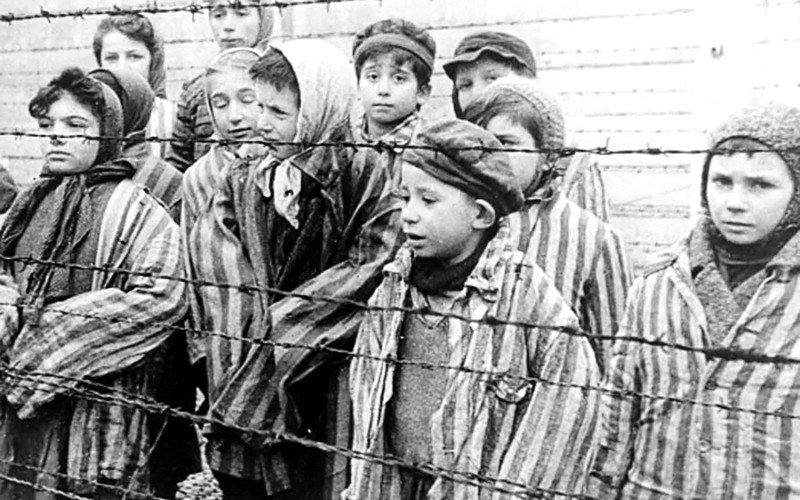
World War Two In Perspective
The Second World War was the most destructive conflict in human history. It shaped the world into what it is today. If nothing else, we ought at least to remember the most destructive war in history and the terrible tragedies it wrought.
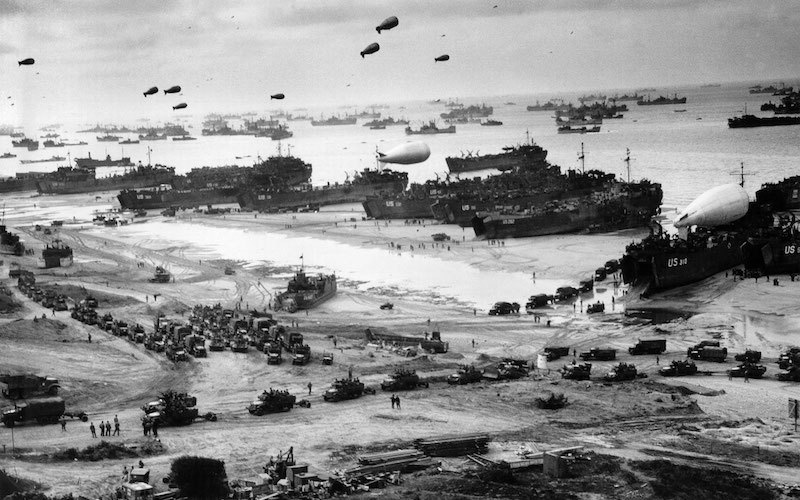
How was World War Two fought?
World War Two was fought with a wide variety of weapons from all countries that fought in the conflict. As the war progressed, new and more deadly weapons were deployed on the world's battlefields.
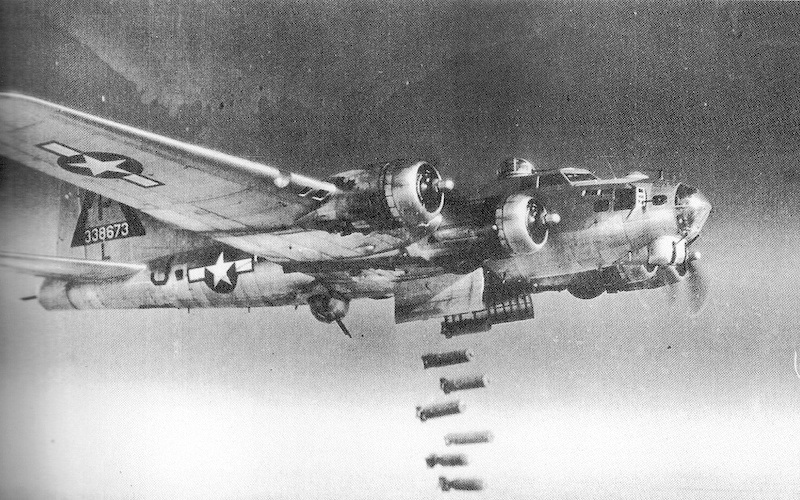
Allied bombing of Germany
As distasteful as these bombing campaigns are today to most citizens of the liberal democracies under sixty years of age, the Combined Bomber Offensive in Europe and the bombing of Japan reflected not only a sense of moral conviction on the part of the West but a belief that such air attacks would end a war that daily grew more horrible for soldiers and civilians alike.
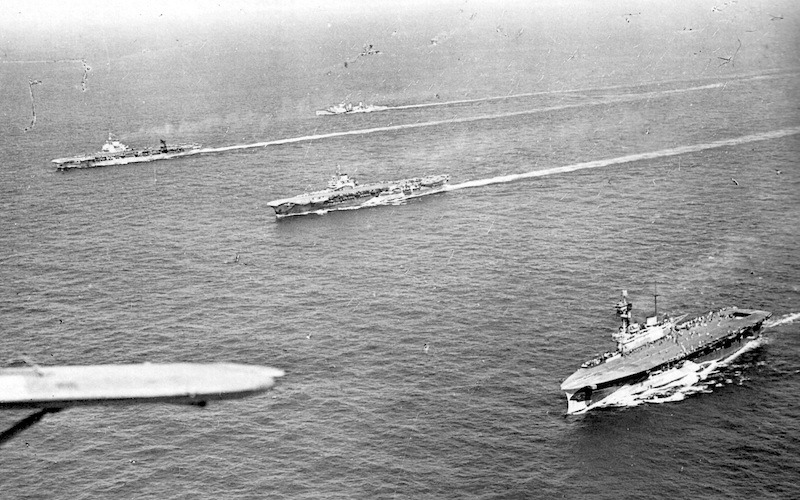
War at Sea during Word War II
The Allies eventually won the Battle of the Atlantic, but at a needlessly high cost. The armed forces’ lack of interest in anti-submarine warfare before the outbreak of the war was inexcusable, especially in light of their experiences in World War I. When Hitler invaded Russia Britain’s Prime Minister and America’s President supported URSS by establishing Arctic convoys of military equipment.
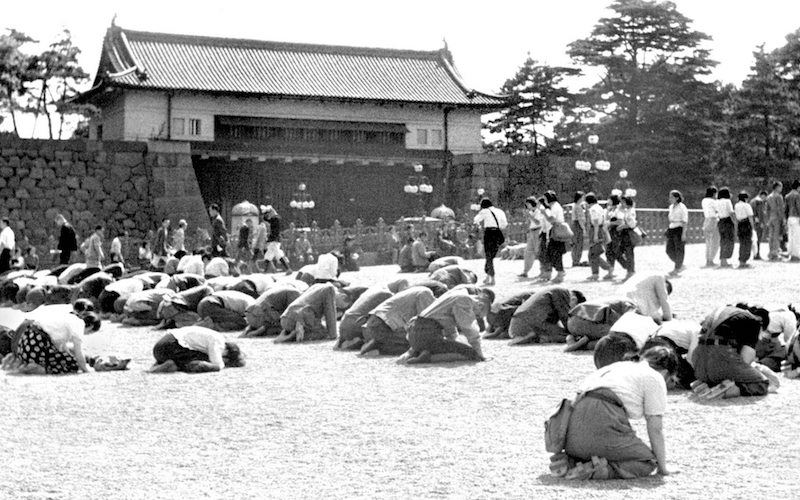
Asia after World War Two
World War Two fundamentally changed the destinies of China, Japan, Korea and South East Asia. Each country faced new challenges after the war, often as a direct consequence of the war, challenges that would shape their destinies for decades to come.
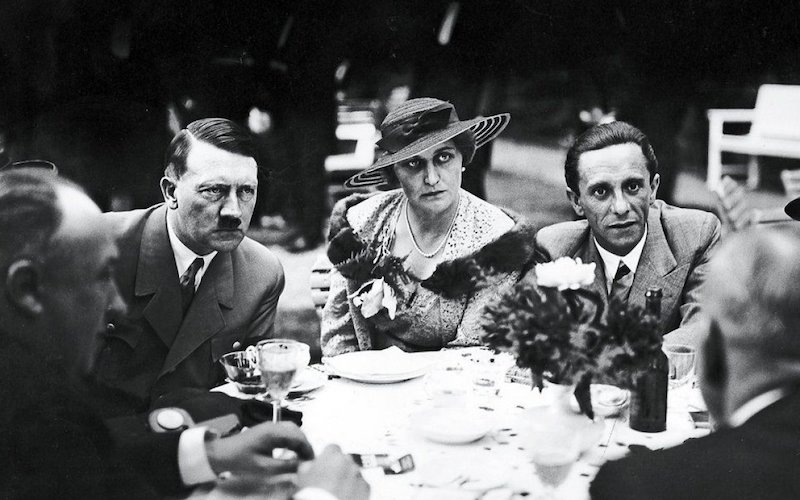
Home Front during World War Two
The industry had to accelerate the production of war matériel. The warring countries had to galvanize their societies for war in order to maintain morale, and to mobilize their soldiers. Countries under occupation tried to organize resistance movements with varying degrees of success.
- Andrew Roberts, The Storm of War A New History of the Second World War, Penguin Books, London, 2009
- Williamson Murray, Allan R. Millett, A War To Be Won Fighting the Second World War, Belknap Press, Cambridge, Massachusetts, 2000





